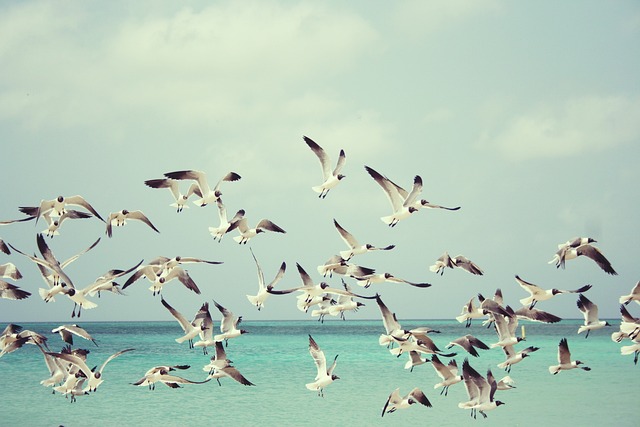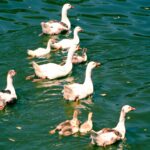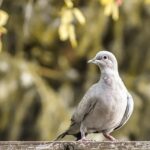Birds are egg-layers that need some incubation period to hatch. The incubation time for bird eggs depends on the species, climate, and mode of incubation. Here, we discuss various bird species and incubation times, the factors that influence hatching, and how to incubate bird eggs.
Understanding Bird Egg Incubation
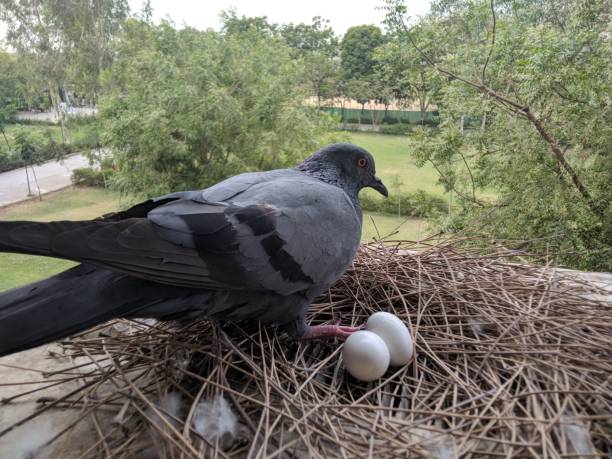
Incubation refers to the process of maintaining eggs at a warm temperature until they hatch. Birds either naturally incubate eggs with body heat or humans do it through artificial incubators. Temperature, humidity, and egg rotation are all important factors in successful hatching.
How Long Does It Take for Bird Eggs to Hatch?
The incubation period of eggs in birds differs greatly based on the species. Smaller birds have shorter incubation periods, while bigger birds take longer to hatch.
| Bird Type | Incubation Period (Days) |
|---|---|
| Pigeons | 14 – 19 |
| Chickens | 19 – 21 |
| Ducks | 26 – 28 |
| Parrots | 18 – 30 |
| Eagles | 35 – 45 |
| Penguins | 30 – 66 |
| Ostriches | 35 – 45 |
| Finches | 10 – 14 |
| Swans | 32 – 37 |
Factors Affecting the Incubation Period
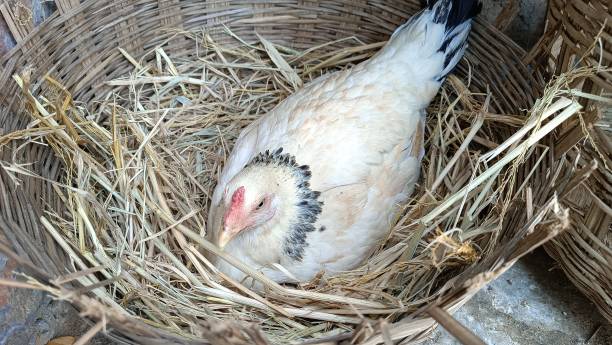
- Bird Species: Every species has its individual incubation time. Smaller birds such as finches have a shorter incubation period, whereas eagles take more than a month.
- Temperature & Humidity: Ideal temperatures for incubation are between 99-102°F (37-39°C) for most species of birds. Appropriate humidity protects eggs from drying out and also from taking in excessive moisture.
- Parental Care: Some birds divide incubation responsibilities between male and female, which maintains constant heat and accelerates hatching. Others use one parent only, with the incubation period extended as a result.
- Egg Rotation: Eggs are turned a number of times per day to stop embryos adhering to the shell. Birds automatically do this, but incubators need manual or automated turning.
- Environmental Conditions: Cold temperatures or inadequate nesting conditions may postpone or stop eggs from hatching. Consistent environmental conditions result in improved hatch rates.
Bird Species and Their Incubation Periods
1. Small Birds (10-20 Days Incubation)
- Finches (10-14 days)
- Canaries (13-15 days)
- Budgerigars (Budgies) (17-19 days)
2. Medium-Sized Birds (20-30 Days Incubation)
- Chickens (19-21 days)
- Ducks (26-28 days)
- Parrots (18-30 days, depending on species)
3. Large Birds (30+ Days Incubation)
- Eagles (35-45 days)
- Penguins (30-66 days, varies by species)
- Ostriches (35-45 days)
How to Ensure a Successful Hatching Process
- To provide proper egg development, keep the temperature constant at 99-102°F (37-39°C). Constant heat is important for healthy incubation since changes may affect the growth of the embryo. Employ a good thermometer to check and control the temperature properly.
- Correct humidity levels are necessary for normal egg development. Ensure 50-60% humidity throughout incubation and raise it to 65-75% in the last few days before hatching. Correct moisture levels avoid dehydration and ensure a successful hatch.
- Turning eggs frequently is important for a healthy developing embryo. Turn them 3-5 times daily to avoid the embryos adhering to the shell, allowing them to grow evenly. Constant turning simulates natural incubation and raises the chances of a successful hatch.
- For incubation in the wild, create a warm, safe, and quiet nesting environment to avoid disruptions. A secure environment makes the parent bird comfortable, allowing constant incubation and promoting the development of healthy eggs and successful hatching.
- Steer away from too much handling of bird eggs because disturbance is likely to affect their viability. Check them only where essential to observe growth, thereby keeping them in a stable situation to promote better chances of hatching.
Signs That Eggs Are About to Hatch
- Pipping: The chick begins cracking the shell with its egg tooth.
- Increased Movement: Eggs might slightly rock because the chick within is moving.
- Chirping Sounds: A few infant birds produce sounds even when they are still in the egg.
- Cracks in the Shell: Little cracks form prior to the chick coming out fully.
What to Do After Eggs Hatch
- Provide Proper Nutrition: Hatching chicks require a warm, protein-based diet. Parents do it themselves, but during artificial incubation, hand-rearing might be necessary.
- Provide Heat: Provide 95°F (35°C) temperatures during the first week, which can be slowly reduced as they mature.
- Leave the Nest Alone: Handling newborn chicks can cause stress to them. Allow parents to provide feeding and warmth.
- Maintain Hygiene: Ensure the nesting area is clean to avoid infections and diseases.
FAQ’s
No, eggs need regular heat from a parent or incubator to develop correctly.
Possible explanations include infertility, inappropriate temperature or humidity, inadequate egg turning, or disrupted nesting environment.
Candling, where light is directed through the egg, determines if an embryo is growing.
No, store-bought eggs are usually unfertilized and won’t hatch into chicks.
Most birds incubate their eggs, but some, such as megapodes, use sun or rotting plant heat.
Final Thoughts
Incubation time for bird eggs is determined by species, temperature, and conditions. Smaller birds incubate between 10-20 days, but larger species take more than a month. Maintaining optimal conditions such as temperature, humidity, and care boosts the likelihood of a successful hatch. As a bird breeder or an enthusiast, knowledge about incubation makes it easier to understand the incredible process of bird reproduction.


